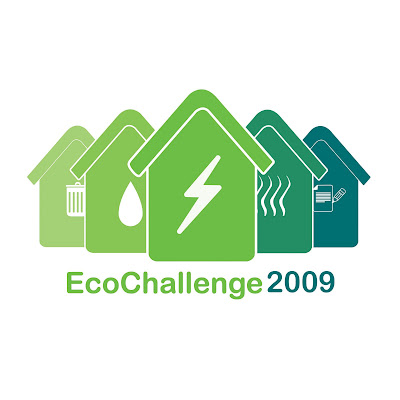

This initiative invites people to form teams, decide what actions they want to take, and then, from April 3 to 24, record their actions through a website that will compile results. The results suggest that we have the tools to not just slow down global warming but reverse it by 2050, if we scale up our efforts and work together at the community level to effect change.Īt the Mescal Hornbeck Community Center on March 14, members of Woodstock Transition and the Woodstock Library held a forum on the Project Drawdown Eco-challenge.

“Good management is the art of making problems so interesting and their solutions so constructive that everyone wants to get to work and deal with them.” - Paul Hawken, environmental activist, businessman, and consultant to companies and governmentsĪt the beginning of Drawdown, Hawken explains, “In 2001, I began asking experts in climate change and environmental fields a question: Do we know what we need what to do in order to arrest and reverse global warming?” Finding there was no such inventory of methods, Hawken gathered 200 top scientists to analyze the data on existing efforts to reduce greenhouse gases, including both their effects and their costs.
#Ecochallenge drawdown series#
This article is the second in a series on how local groups are using the research-based blueprint for reversing climate change and helping individuals and communities take action.) (The book Drawdown: The Most Comprehensive Plan Ever Proposed to Reverse Global Warming, edited by Paul Hawken (Penguin Books, 2017), has given the environmental movement new hope and structure. Woodstock Day School students participate in a last year’s composting program, pre-Drawdown.


 0 kommentar(er)
0 kommentar(er)
